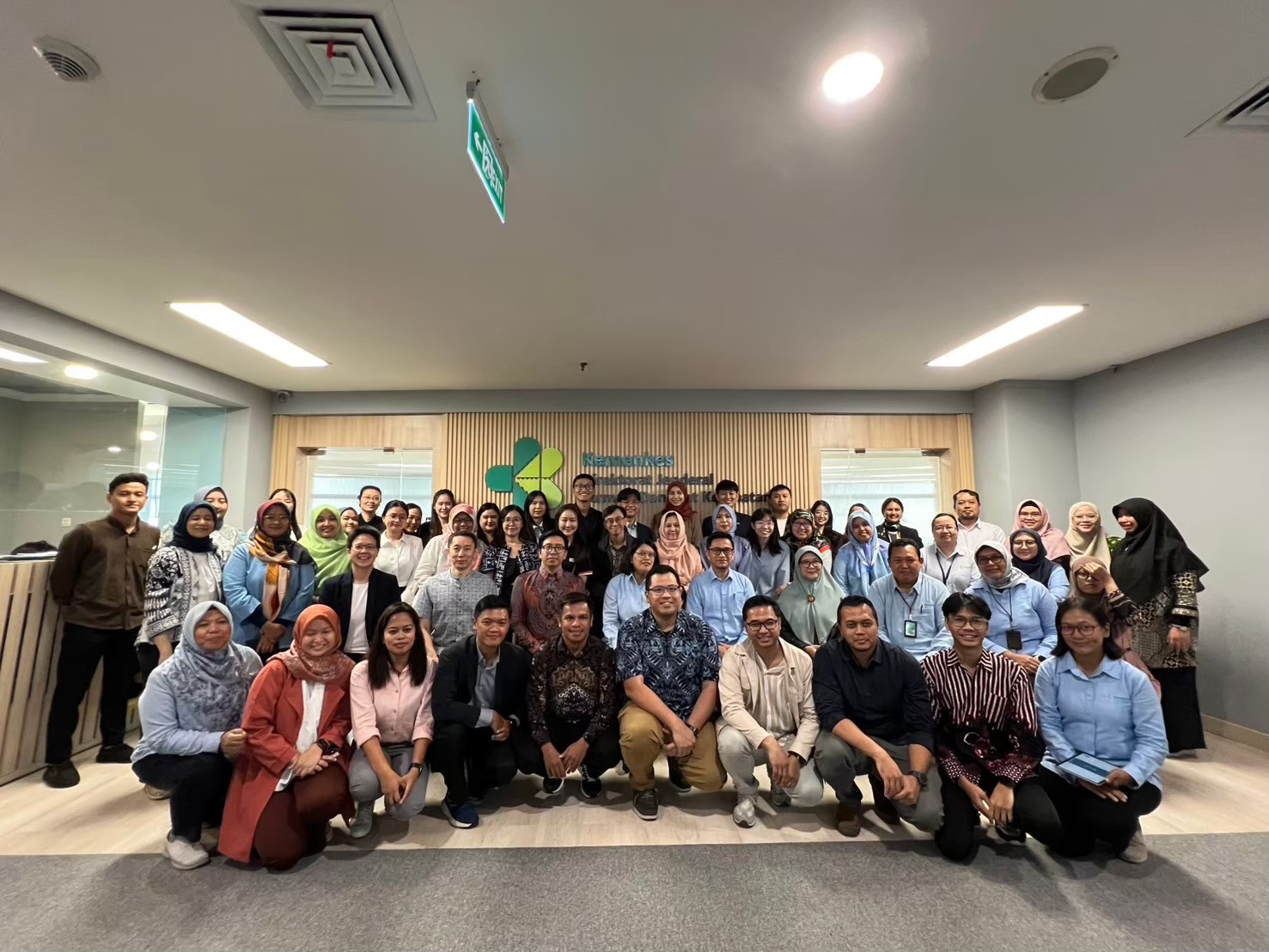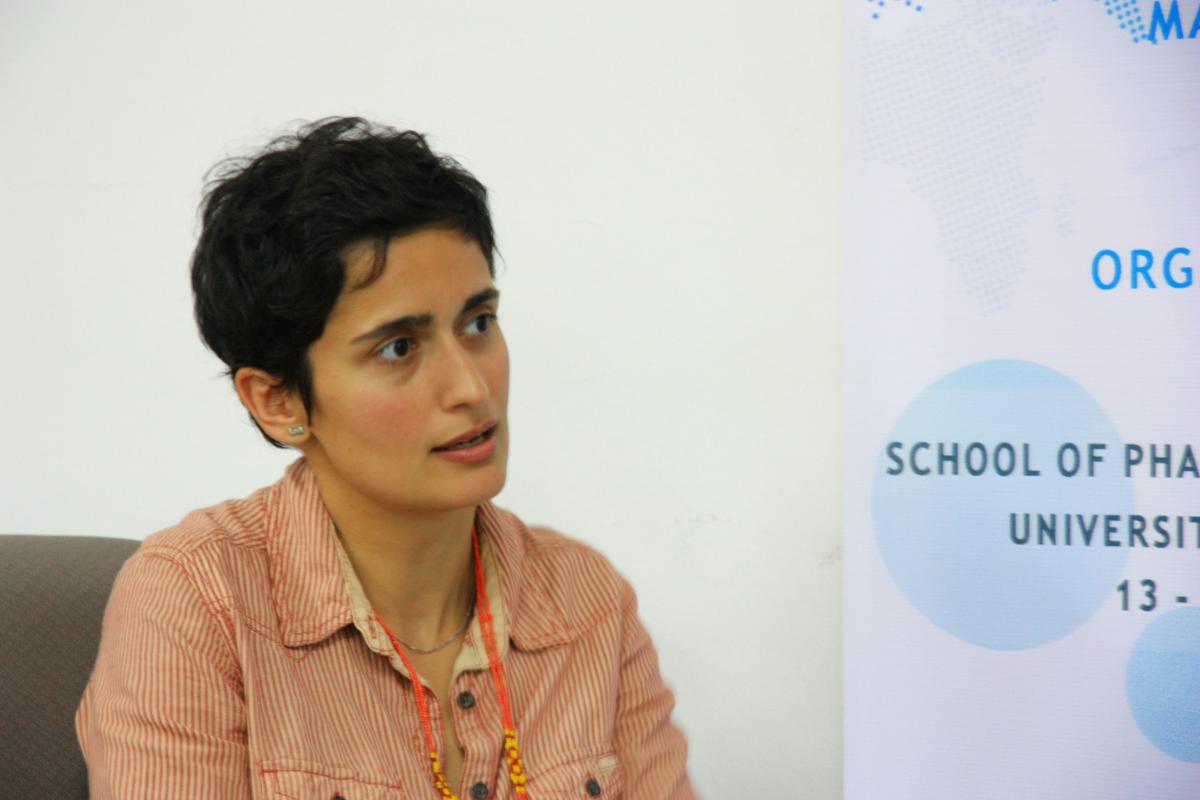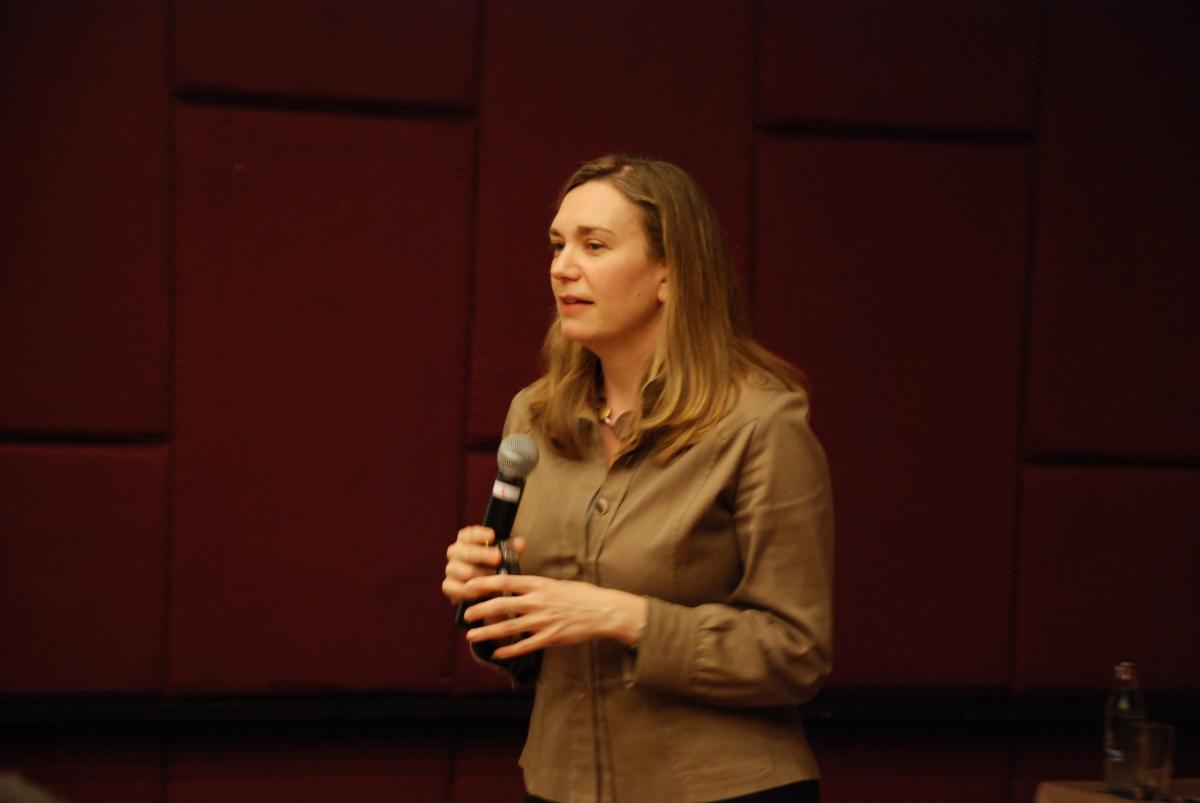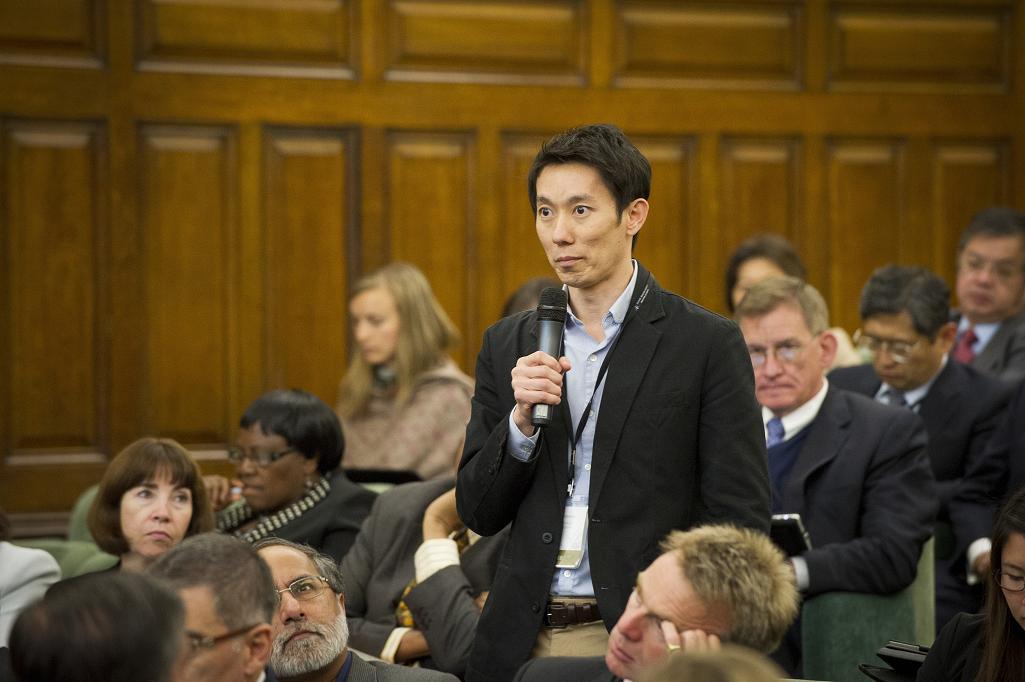[PRESS RELEASE] Cross-Border Insights into Lao PDR’s Evidence-Informed Health Policy with HTA: First-Ever Study Maps the Way Forward



In November 2013, NICE International launched the international Decision Support Initiative (iDSI) to support low and middle income governments in making resource allocation decisions for healthcare. The new project is funded jointly by the UK’s Department for International Development and the Bill & Melinda Gates Foundation.
The innovative partnership model will bring together NICE International, Health Intervention and Technology Assessment Program , the Center for Global Development, Imperial College London and the University of York as well as Office of Health Economics and Meteos, to identify practical ways to scale peer-to-peer process and technical support for more systematic, fair and evidence informed priority setting in healthcare.
 Dr Kalipso Chalkidou, Director, NICE international said, “We are delighted to be part of the iDSI, a unique platform for engaging with and responding to the growing demand for evidence-informed decision-making processes. Drawing on our UK and global experience, and leveraging funds from additional sources, such as the Rockefeller Foundation, we look forward to working together with our UK and international partners and colleagues from overseas governments to realise the objective of equitable access to good quality affordable care for all those who need it. In doing so, we hope to demonstrate a workable and sustainable model for scaling up technical cooperation and two-way learning across healthcare policy makers and practitioners committed to Universal Healthcare Coverage.”
Dr Kalipso Chalkidou, Director, NICE international said, “We are delighted to be part of the iDSI, a unique platform for engaging with and responding to the growing demand for evidence-informed decision-making processes. Drawing on our UK and global experience, and leveraging funds from additional sources, such as the Rockefeller Foundation, we look forward to working together with our UK and international partners and colleagues from overseas governments to realise the objective of equitable access to good quality affordable care for all those who need it. In doing so, we hope to demonstrate a workable and sustainable model for scaling up technical cooperation and two-way learning across healthcare policy makers and practitioners committed to Universal Healthcare Coverage.”
In the context of the Universal Coverage movement, iDSI aims to strengthen priority-setting institutions as a means of improving the quality and efficiency of health care. Functioning institutions and processes will make it possible for low and middle income governments to apply international and local evidence, and utilize local technical capacity in order to improve the efficiency and distributional impact of resource allocation decisions.
iDSI builds on the international work of NICE and HITAP and follows on from the 2012 CGD Priority Setting working group) which articulated the need for systematic, fair and evidence informed priority setting mechanisms in healthcare and called for a series of actions iDSI aims to implement.

“People who decide how to spend health budgets hold the lives of many others in their hands,” says Amanda Glassman, director of the CGD global health program and co-author of the report. “With hope, the iDSI will better equip these decisions makers with fair, evidence-based recommendations on how to help as many people as possible with the resources available.”

Finally, Dr.Yot Teerawattananon, Program Leader of HITAP added, “This initiative is a new challenge for HITAP to meet the need and demand for high quality evidence/ hands-on support for health priority setting. We are very pround to be part of this monumental project that may forever change the way that countries are allocating limited health resources to ensure efficient and equitable health care/services”.
We will be posting updates on the project in the the Center for Global Development, NICE International, Health Intervention and Technology Assessment Program and University of York websites as the project progresses.